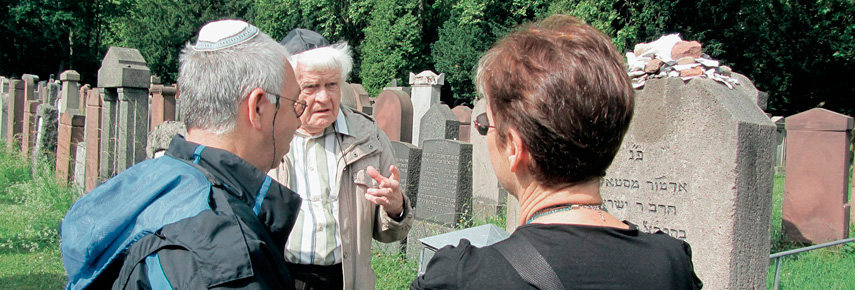BIOGRAPHICAL NOTES
Name:
• Otto Riesser, born 1882 in Frankfurt, baptized in 1904
• Pharmacologist and physician
• 1934 – dismissed as head of his university institute in Wroclaw
• 1935 – relocation of his family to Oberursel
• Temporary employment in Frankfurt and Davos
• 1939 – emigration to the Netherlands; family remains in Germany
• 1945 – return to Oberursel
• Professor at the university of Frankfurt
• 1949 – Otto Riesser dies
Last residence:
Wroclaw and Oberursel
Children:
• Hajo Riesser (1920), “first-degree Mischling”, physician
• 1940 – discharged from the army; barred from medical studies
• 1943 – forced labor in Hamburg
• 1945 – continuation of studies
• Head of youth office of Christian Peace Service (cfd)
• Birgit Riesser (1921)
• 1941 – excluded from university
• 1941-45 – training/work as x-ray assistant
• February 1945 – summons for “interned labor duty in Theresienstadt”
• June 1945 – emigration to Switzerland and marriage

